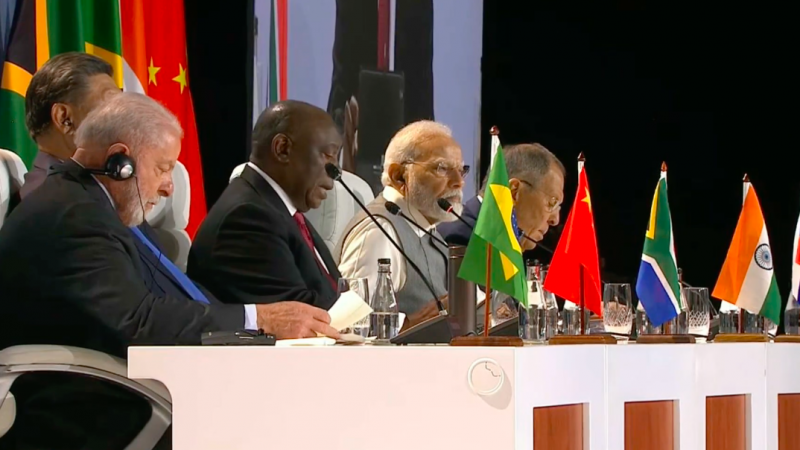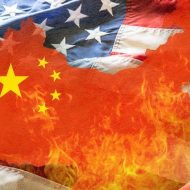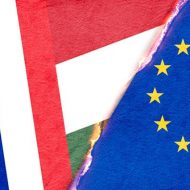One of the most striking aspects of the tectonic BRICS summit in Johannesburg was the spectacular queue consisting of 40 countries (mega-sic!) waiting to enter the group, which had already surpassed the G-7 GDP. The G-7 had a share of 29.2% of global GDP, compared to 32.1 percent of the 5-BRICS.
Of the 40 candidates, only six entered, with which the new BRICS today represents a total of 46 percent of the global population: Saudi Arabia, the United Arab Emirates, Egypt, Iran, Ethiopia and Argentina.
A dissection of the six new members highlights four countries from the Middle East, which is making a big comeback: three Arabs – Saudi Arabia, the United Arab Emirates and Egypt – and the former Persia (Iran). All oil/gas producers!
All four are exporters of hydrocarbons, which provides a distinctive energy aspect to the expansion. Saudi Arabia, the oil superpower, and Iran, the gas superpower, stand out.
Egypt, in turn, is the largest oil producer in Africa and the United Arab Emirates does not sing badly about energy ranches.
The embedding of Argentina is a coin toss due to the hostile stances against the BRICS of the globalist pairing of Javier Milei and Patricia Bullrich.
The important shale gas reserves in Vaca Muerta, in addition to its important lithium reserves, weighed heavily on the spirit of Brazil, China and India to push for Argentina’s entry on January 1, 2024, while the country is going through the presidential elections on October 22.
In reality, Argentina constitutes a field of clash and competition between the G7 and the BRICS, with the Western grouping seemingly ahead due to its extended financial control over the country.
The incorporation of Ethiopia – the second most populous country in Africa, before Egypt and after Nigeria – is twice symbolic and strategic: It is the headquarters of the 55-member African Union, the only African country that has not been colonized and with an exquisite positioning near the strategic Red Sea, where Egypt and Saudi Arabia border.
By the way, Nigeria, an oil powerhouse belonging to OPEC, and Kenya are the most pro-Western countries in Africa.
11 BRICS countries already control 80 percent of world oil production.
Brazilian geopolitics expert Pepe Escobar states that the 11 BRICS now control 39 percent of oil exports, hold 45.9 percent of proven reserves and produce 47.6 percent of global oil.
Furthermore: with the probable incorporation of Venezuela, Algeria and Kazakhstan as new members – at the 16th Summit in Kazan (Russia) in October 2024 –, BRICS “would control up to 90 percent of the oil and gas traded globally ”.
It would be necessary to account for Bolivia, which has resumed its gas exploration and holds the largest global reserves of lithium, which could very well fill the absence of Argentina or be incorporated into the 16th Kazan Summit.
One criticism of the new group is that it resembles OPEC, which is incorrect.
OPEC is an export group, while the old BRICS – discounting gas superpower Russia and the “pre-salt” bed of food power Brazil – consists of three countries importers: China, India and South Africa.
Rather, a virtuous circle is created between oil and gas exporters and importers who have begun to abandon the petrodollar for the petro-yuan/petro-rupee/petro-ruble triplet that de facto pays for one of the “three de-dollarizations”: commercial de-dollarization, whose main raw material exchanged is the oil/gas binomial.
It is established that the Johannesburg tectonic summit accelerates the transition towards a new world order that leaves globalization for deglobalization, unipolarity for multipolarity and dollarization for de-dollarization: each with its own gradient and rhythm.
In counterpoint, the future of the G-7, in full ungovernability in the post Ukraine phase, will depend on the turbulent domestic situation in the United States.
Previously published in the Mexican daily newspaper La Jornada here. Translation by UWI.









Leave a Reply